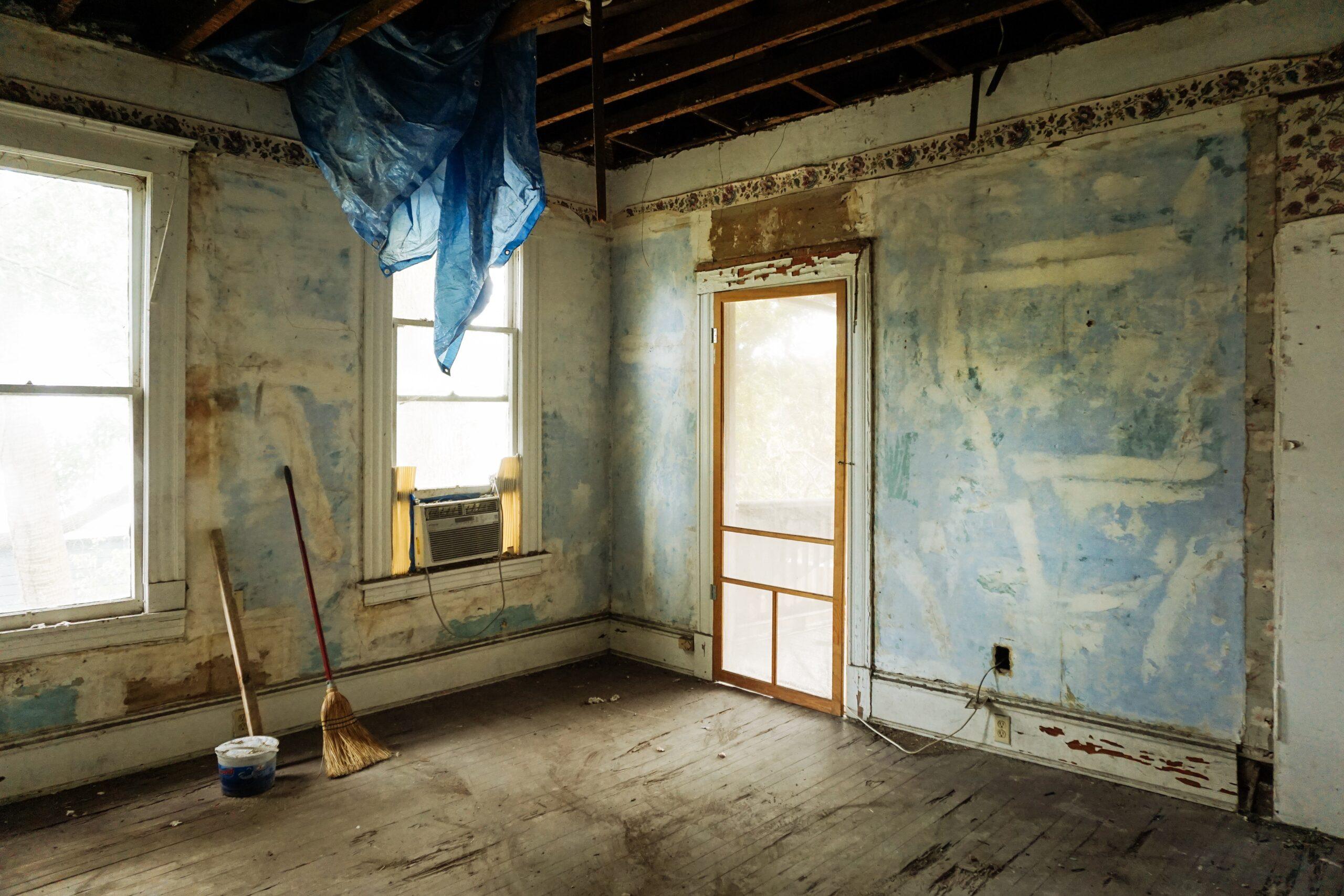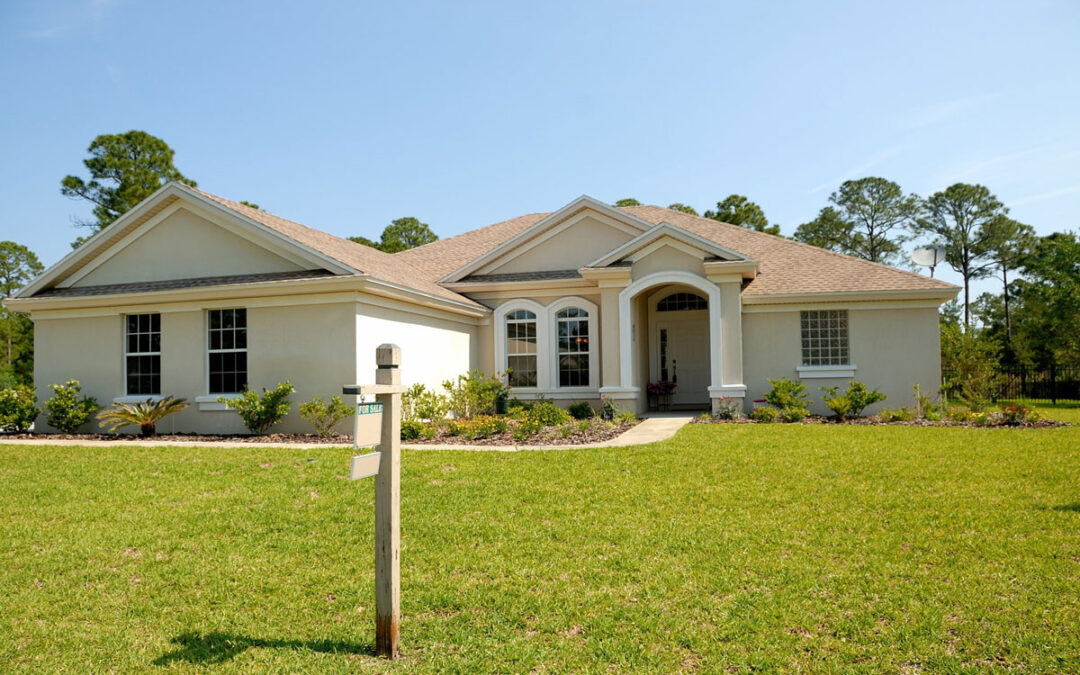Tis’ the season for costly repairs! New or unaware homeowners transitioning into the winter months, you may be in for a storm of financial pitfalls. Some common winter damages include frozen pipes that lead to water damage, hail which can cause damage and weathering to your roof, high winds that can pick up loose yard items, and snow accumulating on the roof causing collapses or severe flooding. Addressing hazards, the best line of defense is preparation. You can prepare by treating the specified areas and having the proper insurance plan to minimize cost.
You need not fret, investing in a solid home insurance plan protects you from those setbacks. Obtaining an insurance plan is fairly easy and is as simple as selecting a carrier. You can receive insurance by contacting an insurance company or an individual insurance broker/ agent. There are many companies to choose from; linked ahead are a few companies in the Leominster area awarded an A+ review, according to the Better Business Bureau.
Most insurance companies cover four basic areas, your dwelling, additional structural fixtures, personal property, and liability coverage. A dwelling is made of the various parts of your home, from the foundation to the roof. The dwelling is covered for wind, fire, hail, and lightning damage. Coverage is in place to repair or rebuild the dwelling. Additional structures are structures not directly attached to your dwelling but on your property; such as an unattached garage, a shed, or fences around the home. Coverage is in place to repair or replace the damaged area. Personal property is furniture, appliances, or clothing. The coverage reimburses the estimated value of lost belongings and possibly replace documented items as well. liability coverage covers seemingly the widest range of areas. Liability coverage covers any accidents that happen on your property to third parties. Plans can cover, guest medical bills, supplement their lost wages, legal fees if brought to court, and repairs to the aforementioned party’s property if you are found negligent.
When applying for insurance be mindful of your coverage, deductibles, and limitations. Your coverage is the amount you decide to insure your property. If your property is worth $100k you may want coverage of $200k. The increased coverage has to be put towards replacing or rebuilding your property, on top of the labor and materials that would need to be provided during construction. A deductible is also negotiated between you and the seller. Be mindful that if you have a high deductible, you will be responsible for smaller claims out of pocket. Aside from the four basic coverages areas, there are additional areas that are not included in your package. If you live in an area where flooding or earthquakes are frequent you will want to speak with your insurance company to apply for additional coverage areas.
You may be asking do I really need homeowner’s insurance? While it is not mandated you may be hard-pressed to get a mortgage approved. Lenders prefer if their investments are insured for a loss such as fires or vandalism. In the long run, insurance is a good investment as an average claim could cost around 8 thousand dollars. Damage costs could rise as high as 50 thousand dollars.
For a more detailed breakdown of homeowner insurance, you can reference the Mass Gov site. They have additional information touching on policy premiums, policy structures, cancellations, protecting your home and reducing your insurance. There are also helpful tips you want to know when getting into home insurance for the first time brought on by the National Association of Realtors.





In order to make sure that your homeowner’s insurance policy stays up to date. Your policy should include an inflation guard endorsement. This endorsement automatically ensures that your policy stays current with the rising costs of material and labor due to inflation.